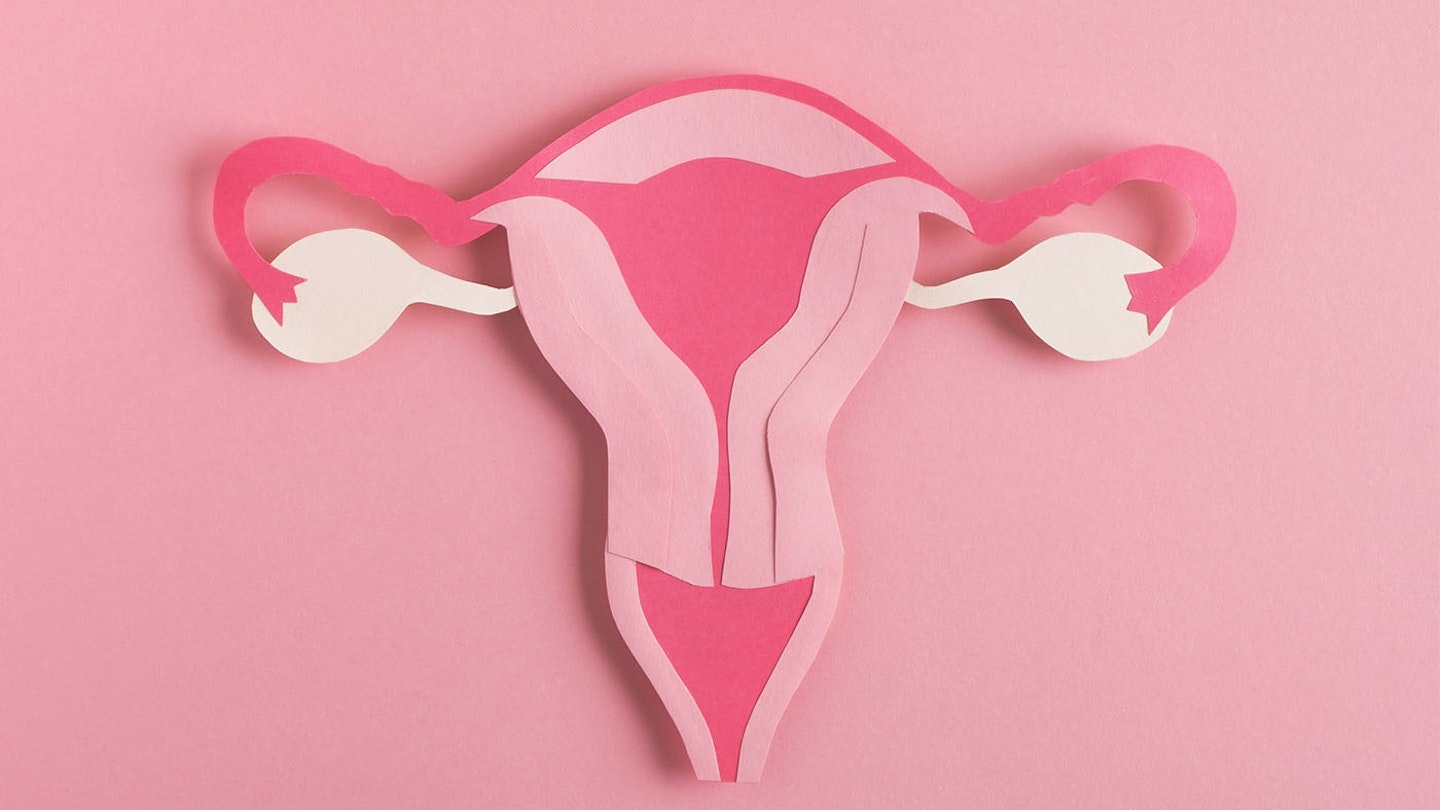When you're trying for a baby, it's normal to become a bit obsessed with it all, whether that's working out the best time to conceive with an ovulation calculator or swotting up on all the inner workings of your body. If you fall into the latter camp, you might be intrigued to learn about your ovarian follicles and the part they play in your fertility.
What are ovarian follicles?
Ovarian follicles are small fluid-filled sacs that contain an egg and are found inside a woman's ovaries. They secrete hormones that influence the stages of the menstrual cycle. Women begin puberty with between 300,000 to 400,000 of them. These ovarian follicles secrete hormones which influence stages of the menstrual cycle.
How many eggs are there in a follicle?
Generally, one follicle will grow with just one egg however sometimes a follicle may be empty and not contain any eggs at all. The follicle grows and eventually ruptures at ovulation, releasing the mature egg which is around 14 days after the beginning of the menstrual cycle.
How many follicles are normal?
Follicle numbers depend on our age. In the prime of reproduction between the ages of 25-30, both ovaries may contain between 10-12 follicles in total.
Will all follicles release an egg?
Usually every month only one follicle releases an egg and the rest of the follicles remain dormant. Whether the egg is suitable for fertilisation can depend on other factors.
How do ovarian follicles relate to my chances of having a baby?
If you were to see a fertility specialist, they would look at the amount of follicles present within your ovaries to understand the state of your fertility.
Follicles contain immature eggs which will grow to an optimum size before they are released during ovulation. If you have lots of follicles, this means there is the potential of releasing more eggs which increases the chances of pregnancy.
A woman's chance of getting pregnant also depends on the quality of the egg that is released.
What happens to my ovarian follicles as I get older?
We begin to get ‘biologically' older from the age of 30 and onwards. The number of follicles goes down slowly and the quality of eggs produced also deteriorates.
What happens to my follicles during IVF?
During IVF, the aim is to stimulate as many follicles as possible using hormones and extract as many eggs as possible to create multiple embryos. This is with a view to then choosing the best possible embryo to maximise the chance of conception.
How does PCOS affect my ovarian follicles?
Polycystic ovary syndrome, known as PCOS, is a condition where women may have an above-average number of follicles and eggs for their age. While this can mean women with PCOS have many more eggs and follicles than non-PCOS women, the quality can be a bit more random.
